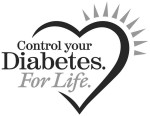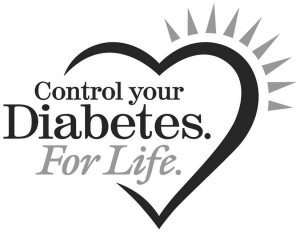
 This posting is courtesy of Wellshare International (Formerly Minnesota International Health Volunteers)
This posting is courtesy of Wellshare International (Formerly Minnesota International Health Volunteers)
Healthy living is an important part of Islam and is just as important during the Ramadan month of fasting. Some people think of Ramadan as a time when they can “re-set” their stomach and give their bodies a time to rest. After fasting from food and water for an entire day, you may think you need to eat a lot of food to make up for what you missed. This can be an unhealthy habit.
It is important to be careful and not over-eat unhealthy foods when you break your fast at iftar.
Some people feel like they deserve to indulge every evening because it was a long day with no food. Every evening meal is a celebration, so it important not to eat too much food or too many unhealthy foods.
Eat and drink, but avoid excess. (Qur’an 20:81) Wasting food is not just throwing food out.
Wasting food is anyone eating more than needed. Especially during the holy month of Ramadan, at the iftar meal one third of your stomach is for food, one third is for water, one third is for air.
If you over-eat at each iftar meal during Ramadan, it is likely that you will gain weight during Ramadan and you will be less healthy. Islam is the middle way and encourages us to stay clean and stay healthy as our body is a trust from Allah. People must respect their own physical body as a sign of devotion to Allah. To take good care of your body and respect the gift that Allah has given you, you should:
• Try hard to eat healthy foods at your iftar meal.
– During Ramadan, it is important to eat the same amounts of fruits and vegetables as
during the rest of the year. At meals during Ramadan, half of your food should be fruits or vegetables. This will help you get good nutrition, stay less hungry, avoid constipation, and is an important way to take good care of your body as a sign of devotion to Allah.
– A lot of iftar food is fried, but you should try to limit your consumption of oil and fat. This means to limit or avoid: fried foods, halwa, fat on meat, extra oil on your rice and vegetables.
– If others do not want to eat the healthy foods you are eating, you can have your food
prepared separately.
• Limit the amount of sweets you consume during Ramadan.
– Limit the dates you eat each day to no more than 4. Dates have a lot of sugar and calories, almost like candy.
– Put no more than 2 spoons of sugar in your tea.
– Do not add sugar to your juice.
– Avoid eating sweet desserts every night. Cake, ice cream, halwa, and cookies should be a treat for the Eid celebration, not every day.
• Drink plenty of water.
– Water is healthier for you than soda, juice, or other sugary beverages.
– Water will help you stay hydrated.
Not everyone should fast during Ramadan
Based on the Holy Qur’an, not everyone is required to fast. If fasting would put your health at risk, you are not supposed to fast.
People who are excluded from fasting during Ramadan include:
• Women who are pregnant and breastfeeding;
• The elderly; and
• Those with a chronic health condition, including diabetes.
If you have diabetes you should not fast without talking to your doctor. Fasting while you are on any medication might be dangerous. Talk to your imam and your doctor with any questions about diabetes and fasting.
You MUST talk to your doctor if you want to fast during Ramadan and you are on medication.
• Call your doctor’s office (or have your family or Community Health Worker call for you).
• Tell the person who answers the phone that you want to fast during Ramadan, but you are on
medication.
• Ask to talk to your doctor or your nurse so you can make a plan to stay healthy during
Ramadan. Your doctor should talk with you about how fasting will affect you—it is different for every person. You have different health than your family or friends, so each person much talk to his or her own doctor. If your doctor thinks you should not fast, do not fast.
• At the end of Ramadan, you should call your doctor again to tell them that you are done fasting so they know if they need to change your medications and help you plan to stay healthy.
Editor’s note: This article is made possible by a grant from the Eliminating Health Disparities Initiative (EHDI) of the Minnesota Department of Health’s Office of Minority & Multicultural Health, through an appropriation from the Minnesota State Legislature.
About No Author










